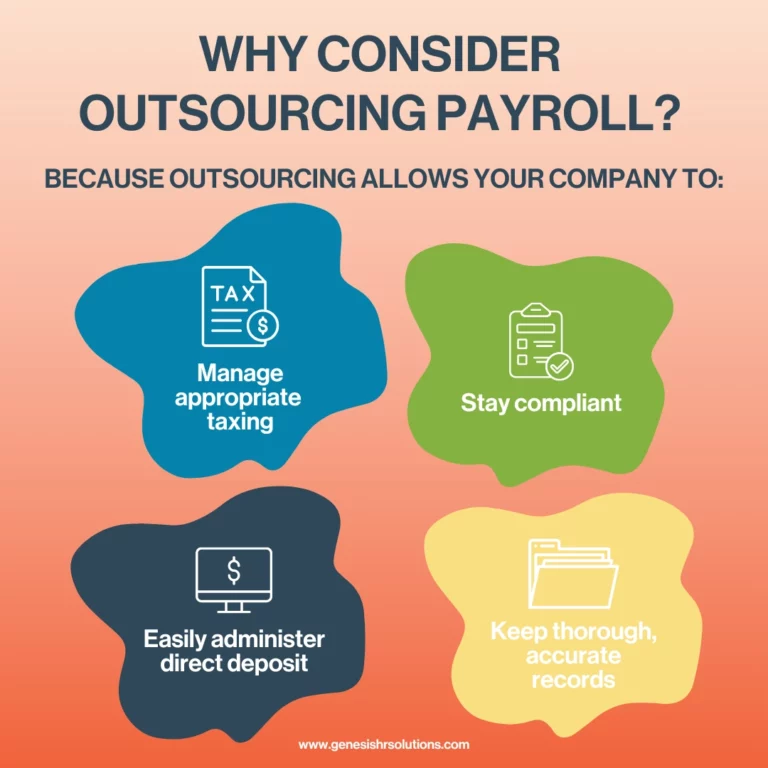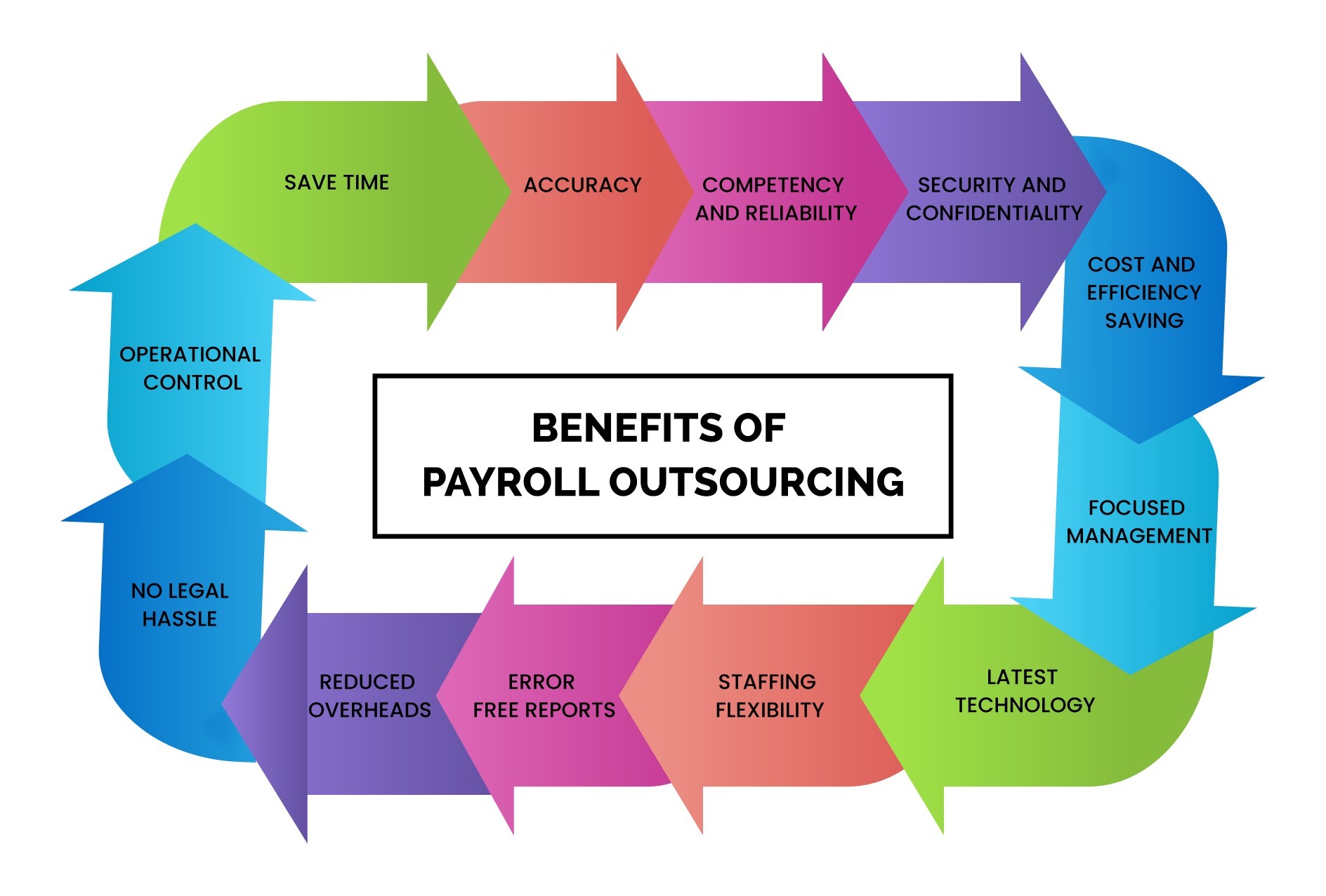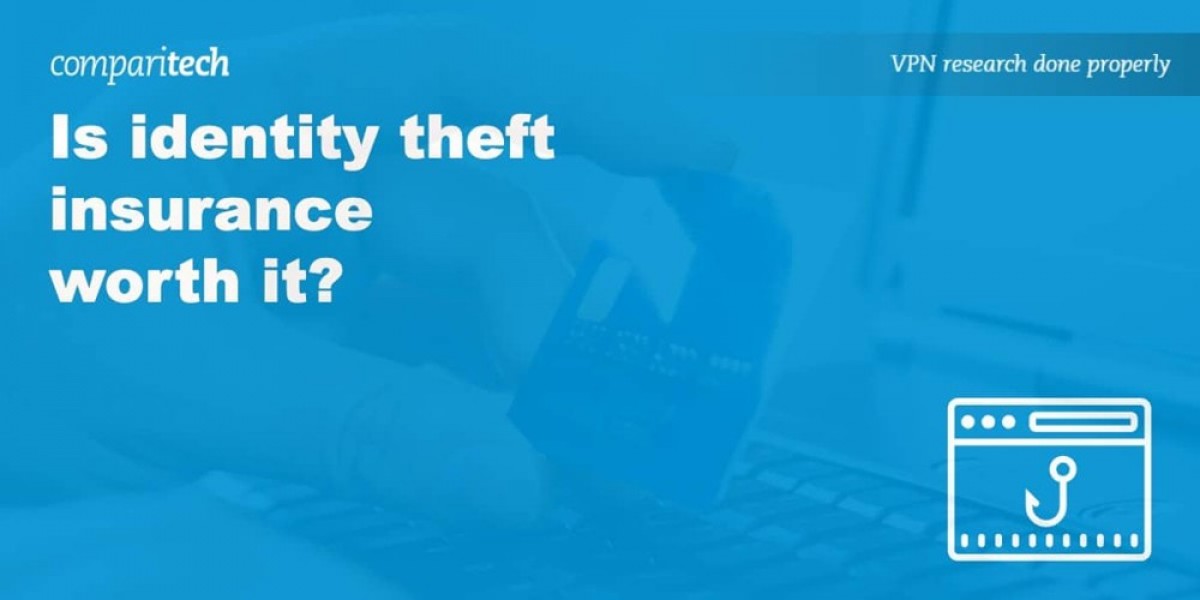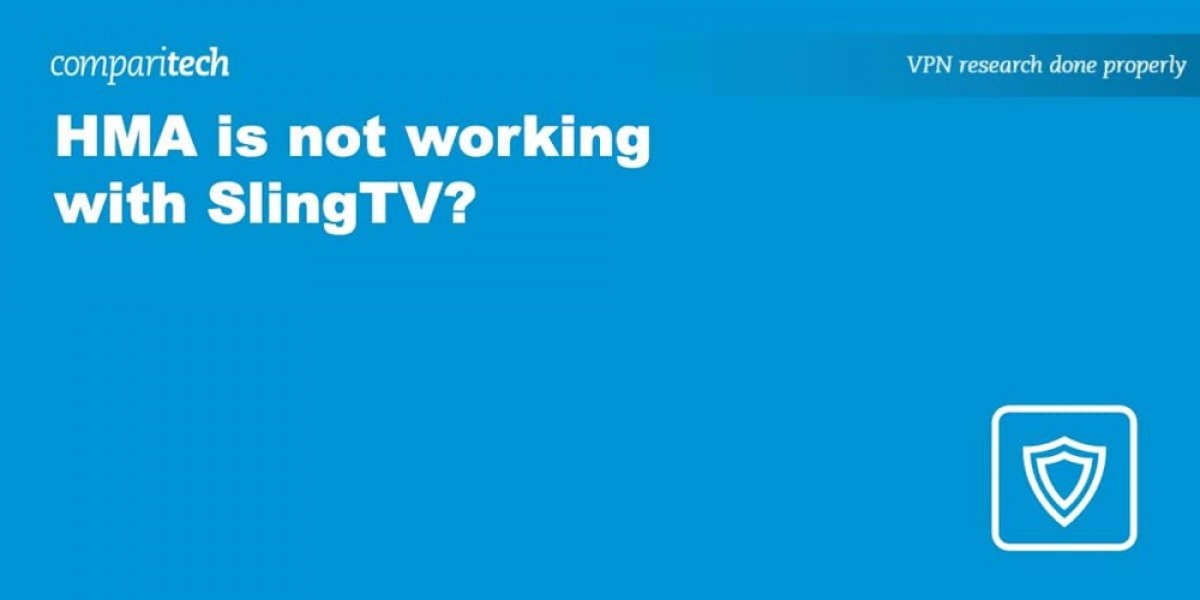One of the most significant service patterns over the last years has been to contract out functions that are not core business activities. Cutting expenses and acquiring knowledge are the two most prevalent motivations for outsourcing. This trend has actually long given that reached corporate compliance programs. Many concerns surround this practice in the compliance arena.
Why Outsource Compliance?
The first question is: why should an organization engage an outside professional to assist in running the compliance program? The truth is that many compliance office tasks are consistently contracted out to suppliers to allow the compliance office to concentrate on the program's core elements. Hotlines, sanction screening services, and training programs are commonly outsourced functions.
In some cases, a compliance officer's departure creates the need for assistance till the company can work with a replacement. In others, an existing compliance program needs help to deal with included responsibilities, such as compliance management or HIPAA privacy/security officer assistance.
When Should You Outsource Compliance?

Organizations decide to hire compliance professionals after identifying weaknesses or gaps in their operations, such as jobs in compliance, personal privacy or security officer functions. Many times, government investigation drives the choice to bring in experts. Corporate Integrity Agreements mandate that an organization vouches for having a totally operating and reliable compliance program.
Managed Care statutes require maintaining a reliable compliance program and informing CMS when a compliance officer job takes place. And under the Affordable Care Act, CMS is needed to develop mandated compliance program requirements. Once these requirements are in impact, many will look for skilled assistance to fulfill them.
Where Can You Find Compliance Outsourcing Services?

Where can companies find needed compliance expertise? The easiest starting point is inspecting the internet to find professional journal posts on the topic. This can provide extra insight and determine professionals on the subject. A search can likewise recognize companies that may provide the required services.
Who Should You Outsource Compliance To?
Who are some professionals that can fill spaces or supplement compliance programs, and have also built, evaluated, and managed efficient compliance programs? They are individuals with hands-on experience in numerous circumstances and settings that make them professionals.
The following are examples of experts with comprehensive compliance program consulting experience, who have acted as compliance officers in multiple functions:

Cornelia Dorfschmid, PhD, who has more than twenty years of healthcare speaking with experience and has acted as designated/interim compliance officer for medical facility systems and physician practices on several celebrations.
Steve Forman, CPA, with 12 years as a health care consultant, ten years as VP for Audit/Compliance at a medical facility system, and has worked as interim/designated compliance officer several times.
Suzanne Castaldo, JD, CHC, an experienced specialist who has acted as interim/designated compliance officer numerous times.
How Can You Best Outsource Compliance?
How can organizations utilize compliance professionals to its finest advantage? Using certified experts has lots of benefits, however the type in employing them is to bring an optimal return of benefit for the expense by ensuring added value. In addition to daily management, think about including some of the following:
1. Examine the program to confirm strengths and determine chances for enhancement;
2. Conduct an independent evaluation of the program for senior management and board;
3. Review the Standard Procedure and other composed assistance;
4. Evaluate the quality and effectiveness of compliance training;
5. Assess high-risk areas that warrant attention;
6. Assess resources required to efficiently operate the compliance program;
7. Use experts to determine and construct metrics evidencing compliance program effectiveness;
8. Use professionals to help in determining and assessing candidates for the permanent compliance officer position; and
9. Provide a "road map" for incoming compliance officers to follow.

What Level of Effort Should You Take Into Outsourcing Compliance?

What level of effort do organizations require to utilize compliance professionals in compliance programs? Even for fairly big companies, a real compliance professional can hold the program together for a number of months without having to be on-site full time. Most organizations can run compliance programs effectively through utilizing a professional for 50-80 hours per month for as much as 6 months until having an irreversible compliance officer in location ends up being vital.

Smaller companies and many physician practices will need professionals for just half the time. Due to advances in innovation, not all hours require to be on-site. However, the key is to have the expert on-call to resolve any emergent issues. Notably, the OIG has accepted that for smaller sized organizations, engaging a qualified specialist as the Designated Compliance Officer may make more sense. The OIG cites many factors for an organization to think about using an outside expert instead of a W-2 full time staff member.
About the Author
Richard P. Kusserow established Strategic Management Services, LLC, after retiring from being the DHHS Inspector General, and has actually assisted over 3,000 healthcare organizations and entities in developing, carrying out and assessing compliance programs.








